Hollywood loves comebacks and Brendan Fraser‘s is going to be one of the unforgettable ones, baptized by those tears that the public -and finally, the actor after a 6’ ovation- shed with pleasure and without shame, after the screening of The Whale, at the Venice Film Festival. Darren Aronofsky has given a probable Oscar to the actor who in 2018 -encouraged by the example of actresses of the #MeToo movement, such as Rose McGowan and Mira Sorvino– denounced having been abused in 2003, by journalist Philip Berk, with the consequence of post-traumatic stress disorder, depression and suspicions of having been blacklisted by the Foreign Press Association. The already named Brendanaissance is the culmination of a comeback in small roles, until being signed by Scorsese for his Killers of the Flower Moon, Soderbergh for No Sudden Move and Aronosfky, to give him one of the characters that are the wet dream of any actor. And still to be crowned at the upcoming Toronto Film Festival, which will give him an honorary award.
If it wasn’t enough with his kind features, his melting smile, distinctive deep voice and powerful, disarming gaze, one of the most beloved actors by the public is wrapped here in a morbid prosthetic obesity that hinders his movement almost completely and compels him to a forced gesturing, painful to watch. Let’s hope, on the other hand, that actor and director are not subjected to the kind of criticism that Sarah Paulson endured, for having “usurped” the role from a really obese person, in a type of appropriation very unpopular in these cancelled times.
Fully in her role, and just like the whale of the title, the mass that Fraser raises admirably represents a discordant presence that conveys energy despite its tonnage, fragility, notwithstanding its density, and nobility, even if it lacks a graceful elegance. The Whale is an adaptation of Samuel D. Hunter‘s play, and Arofonsky doesn’t bother to knock down the walls of the apartment in which Charlie and all the action are confined, in a deft move that amplifies the claustrophobia conveyed by the immobility and bulimic compulsion.
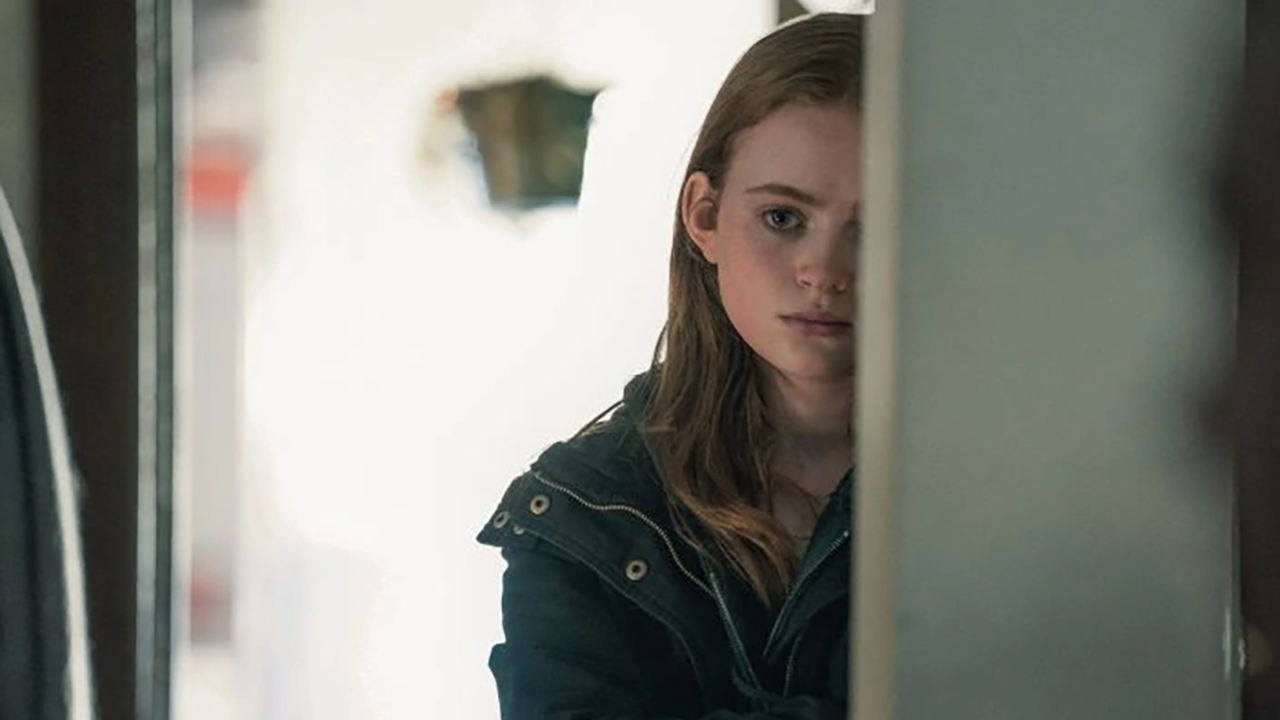
The Whale @Niko Tavernise.
Knowing he has only days to live, Charlie, who is teleworking as a literature professor (with the camera off), wants to reconnect with his daughter Ellie (Sadie Sink, whom we admired in Stranger Things), a skimpy, detached teenager, from whom his ex-wife Mary (Samantha Morton) had alienated him. With the only company and assistance of Liz (Hong Chau), a nurse friend, who contradictorily gives him health advice and buys him junk food, and Thomas (Ty Simpkins), a proselytizing missionary with whom he forms a relationship, the protagonist intrigues us with the origin of his addiction and his personal history. The character’s power of seduction leaves us surprisingly hypnotized in each of the shots in which he literally fills the screen with his almost 300 kg, because of the stark, almost obscene peep hole through which we observe Charlie as in a fishbowl, but not because of the set that is hard to lift.
The Whale‘s dialogue is obviously theatrical and the metaphors unsubtle. The allusion to Melville’s novel with which the film opens and which will prove to be significant, though implausible, and other holes in the story, for example Charlie’s faith in his daughter, whom he barely knows, add nothing to the need for consistency in Aronofsky’s film, a weakness that proves crucial as the film progresses. As for the ending, we’d better not talk about it, and not just to avoid spoilers.

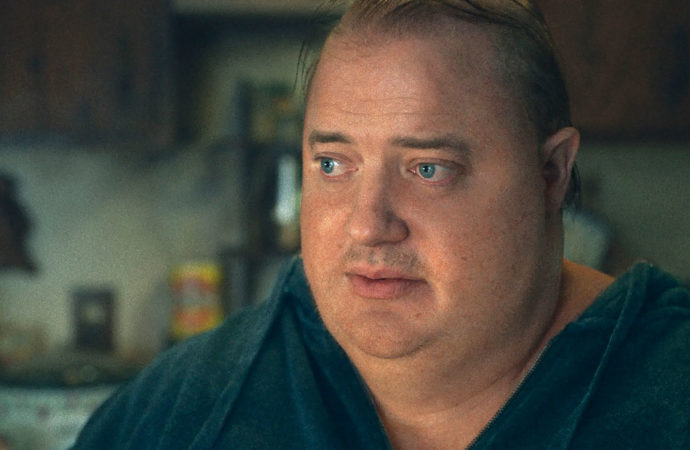


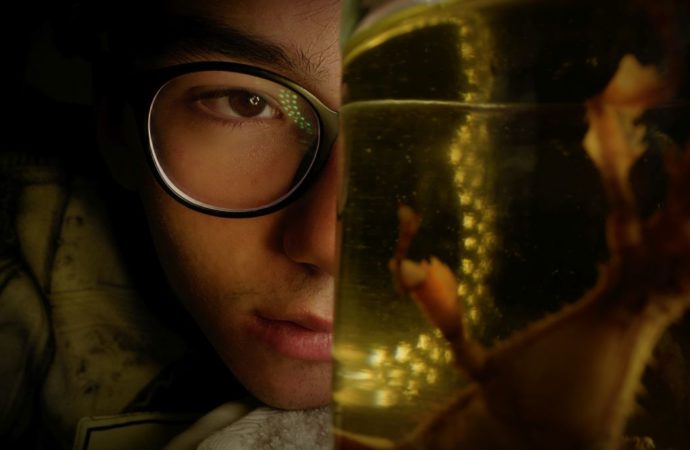
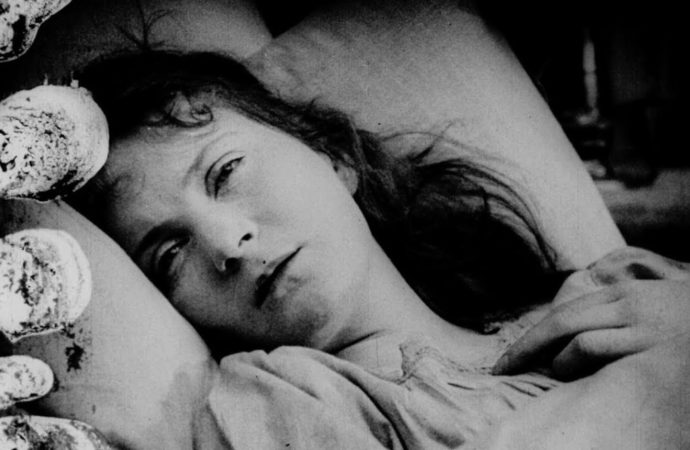
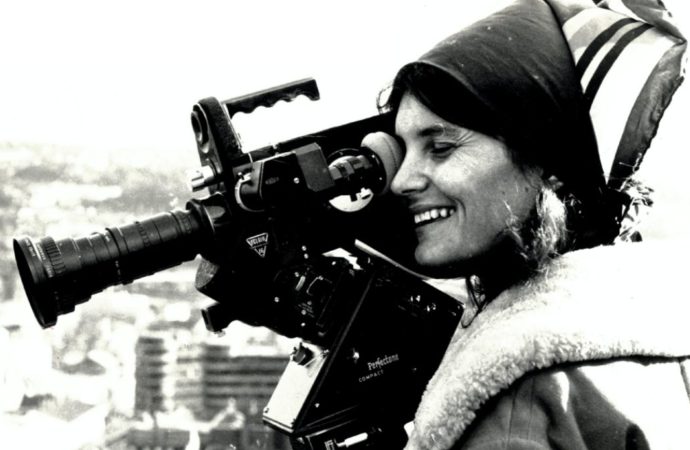
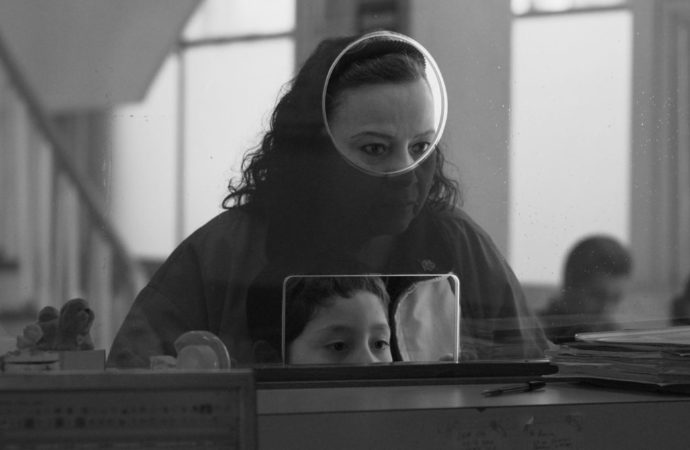
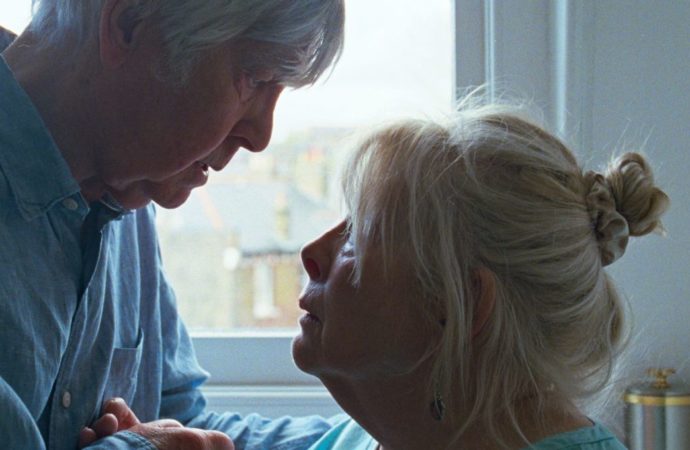
No one has posted any comments yet. Be the first person!